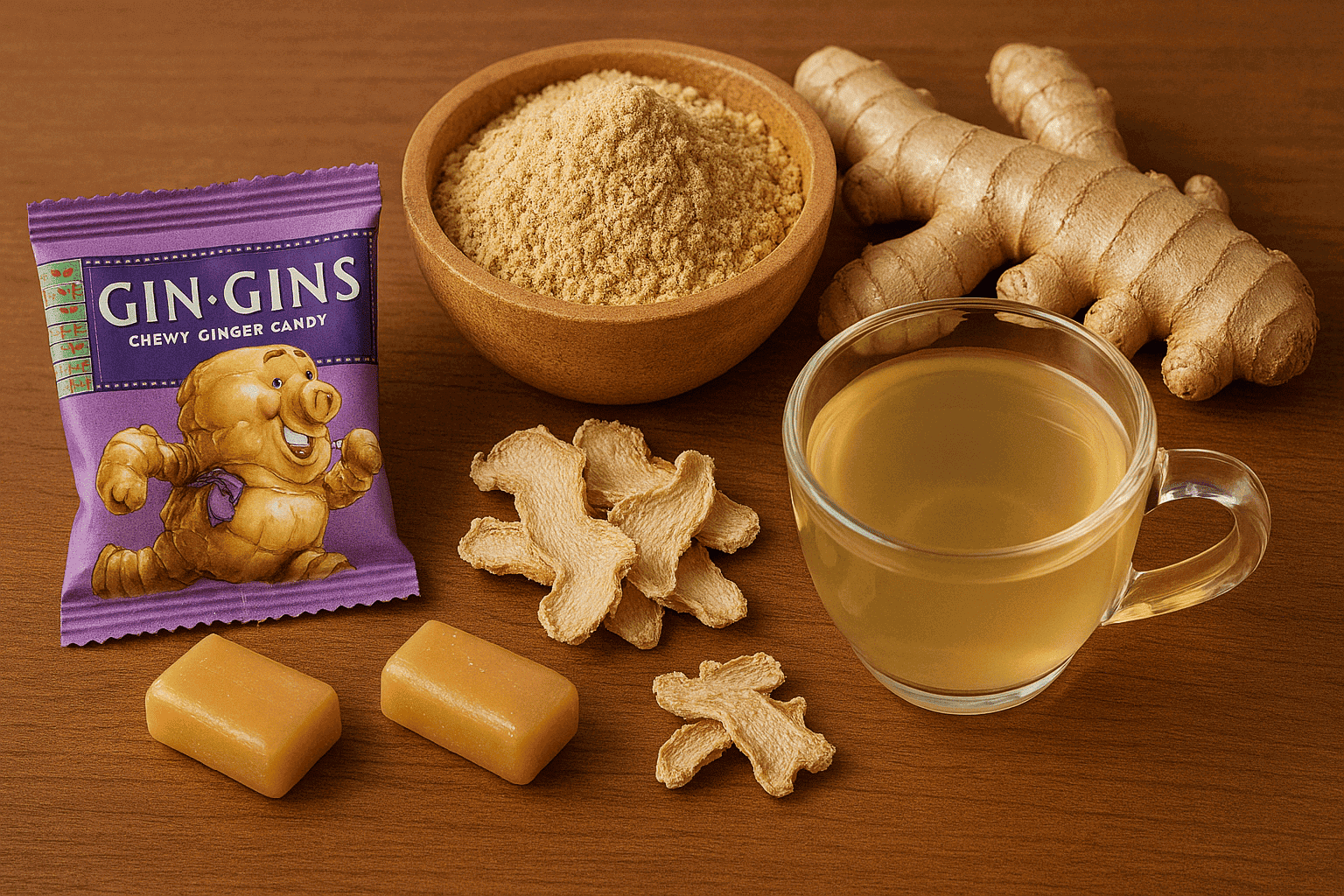Seasonal allergies can turn a beautiful spring day into a battle with sneezing, itchy eyes, and relentless congestion. If you’re among the millions affected by hay fever or pollen allergies, you know how disruptive these symptoms can be to your daily life. While antihistamines are often the go-to solution, they come with side effects like drowsiness and dry mouth. But what if there was a natural, side-effect-free way to manage allergies? This is where quercetin comes in.
Quercetin is a natural plant compound (a flavonoid) found in fruits, vegetables, and herbs. Its potent anti-inflammatory and antihistamine properties have made it a rising star in the world of natural allergy relief. Unlike over-the-counter medications, quercetin works at the root of the problem by stabilizing the body’s release of histamine — the very chemical that causes allergic reactions. This makes it an ideal natural option for people looking to avoid pharmaceutical drugs.

In this article, we’ll explore the science behind quercetin’s role in allergy management, its benefits, how it works, and the best natural sources. You’ll also learn how to incorporate quercetin into your daily routine for effective, lasting allergy relief. By the end, you’ll have a clear understanding of how this natural compound can help you breathe easier during allergy season — without the foggy side effects of medications.
What Is Quercetin and How Does It Work?
Quercetin is a flavonoid, a type of plant pigment that gives fruits, vegetables, and herbs their rich colors. But quercetin isn’t just about aesthetics — it’s a powerful antioxidant and anti-inflammatory agent with a unique ability to support the immune system. When it comes to allergies, quercetin’s most valuable role is its ability to block the release of histamines from immune cells called mast cells.
When your body encounters an allergen like pollen, your immune system releases histamines, which trigger sneezing, swelling, itching, and mucus production. Quercetin works like a “mast cell stabilizer,” preventing these cells from releasing histamines in the first place. This mechanism makes quercetin an effective natural remedy for hay fever, sinus allergies, and other seasonal allergy symptoms.
The Science Behind Quercetin’s Allergy-Fighting Properties
Several scientific studies have confirmed quercetin’s antihistamine effects. Research published in Molecules (2016) highlighted how quercetin inhibits the production of pro-inflammatory cytokines and stabilizes mast cells, reducing the histamine release that triggers allergy symptoms. Additionally, quercetin’s antioxidant properties protect cells from oxidative stress, which can worsen allergy-related inflammation.
In another study, researchers found that quercetin significantly reduced nasal congestion and sneezing in animals exposed to allergens. These findings have paved the way for human trials, with many studies pointing to quercetin’s potential to relieve allergy symptoms naturally.
Top 7 Health Benefits of Quercetin for Allergy Relief
- Natural Antihistamine
Quercetin’s ability to stabilize mast cells prevents the body from releasing histamines, which are responsible for allergy symptoms like sneezing, itching, and watery eyes. This natural antihistamine action makes quercetin a safer alternative to conventional allergy medications. - Reduces Inflammation
Chronic inflammation worsens allergy symptoms, but quercetin’s anti-inflammatory properties help calm the immune response. By reducing swelling in the nasal passages and airways, it makes breathing easier during allergy season. - Improves Respiratory Health
Seasonal allergies can trigger asthma-like symptoms in some people. Quercetin may help open airways, reduce mucus, and relieve sinus pressure, making it easier to breathe. - Protects Cells From Oxidative Stress
Allergy flare-ups are often linked to oxidative stress, which damages cells. Quercetin acts as an antioxidant, neutralizing free radicals and protecting sensitive tissues from damage. - Boosts Immunity
Since allergies are linked to an overactive immune response, quercetin’s immune-modulating effects help balance immune activity. This not only reduces allergy symptoms but also supports overall immune health. - Improves Gut Health
A healthy gut is essential for immune balance. Quercetin supports gut health by promoting the growth of beneficial bacteria, which can help regulate immune responses to allergens. - Non-Drowsy Relief
Unlike pharmaceutical antihistamines, quercetin does not cause drowsiness or brain fog. You can take it during the day without affecting your energy or productivity.
Best Natural Sources of Quercetin
While quercetin supplements are available, you can also increase your intake naturally by adding certain foods to your diet. Here are some of the top natural sources of quercetin:
| Food | Quercetin Content (mg/100g) |
|---|---|
| Capers | 180 mg |
| Onions (red) | 45 mg |
| Apples (with skin) | 21 mg |
| Berries (blueberries, cranberries) | 15 mg |
| Broccoli | 3 mg |
| Green Tea | 2 mg |
| Grapes (red) | 5 mg |
Incorporating these foods into your diet can naturally boost your quercetin intake, supporting your body’s allergy defenses.
How to Use Quercetin for Seasonal Allergy Relief
If you’re interested in using quercetin to manage seasonal allergies, here’s how you can do it safely and effectively.
1. Quercetin Supplements
- Dosage: Most studies recommend 500-1,000 mg per day.
- Form: Available in capsules, powders, or combined with bromelain (an enzyme that enhances absorption).
- When to Take: For best results, start taking quercetin 2-4 weeks before allergy season begins.
2. Whole Food Sources
- Add apples, onions, and berries to your daily diet.
- Drink green tea as a natural source of antioxidants and quercetin.
- Use capers as a garnish for salads and dishes.
3. Combine With Vitamin C
- Vitamin C enhances quercetin absorption. Pair your supplement with a citrus fruit or take a vitamin C supplement alongside it.
Are There Any Side Effects of Quercetin?
Quercetin is generally safe when taken in appropriate doses. However, some people may experience mild side effects such as headaches or stomach discomfort, especially at high doses. If you’re taking other medications (like blood thinners), it’s wise to consult your healthcare provider before starting a quercetin supplement.
Real-Life Success Stories With Quercetin for Allergies
Many people have found relief from seasonal allergies after incorporating quercetin into their daily routine. Here’s a real-life example:
Sarah’s Story: “I used to rely on antihistamines every spring, but the drowsiness always left me exhausted. I started taking quercetin two months before allergy season, and I was amazed. My sneezing and congestion were so much better this year, and I felt clear-headed. No more foggy brain from allergy meds!”
Conclusion: Why Quercetin Is a Natural Solution for Seasonal Allergies
When seasonal allergies hit, it’s easy to feel trapped by symptoms that affect your ability to focus, sleep, and enjoy the outdoors. Fortunately, nature provides a powerful, side-effect-free solution: quercetin. By stabilizing mast cells, reducing inflammation, and protecting the body from oxidative stress, quercetin addresses the root causes of allergy symptoms.
Unlike pharmaceutical antihistamines, quercetin works naturally with your body, offering lasting relief without drowsiness or foggy thinking. Incorporating quercetin-rich foods into your diet or taking supplements can support your immune system and help you enjoy allergy season with ease.
If you’re tired of dealing with the drowsy effects of traditional allergy meds, quercetin is a natural, scientifically backed option worth considering. It’s a gentle, holistic approach that not only fights allergies but also supports your overall well-being. Don’t let pollen season control your life — empower your body with quercetin and breathe easy, naturally.
This comprehensive guide on The Role of Quercetin in Reducing Seasonal Allergies Naturally not only informs but also provides actionable steps for relief. If you’re looking for personalized natural health advice or want to learn more about other natural remedies, stay connected with our website. We’re here to support your wellness journey naturally.









